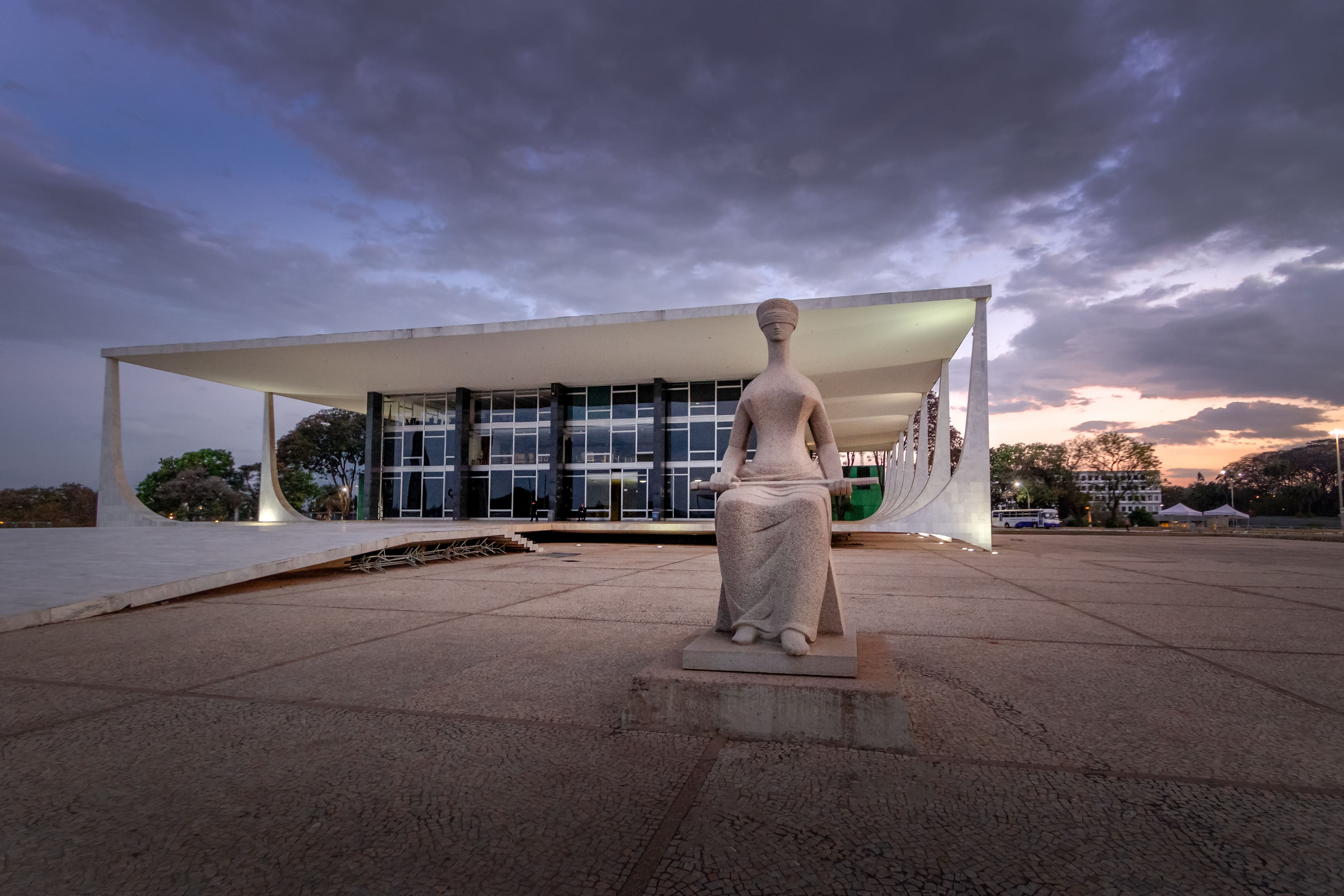

.png)
In a global landscape shaped by geopolitical uncertainty, trade tensions, and rising protectionism, Brazil has been increasingly capturing the attention of long-term foreign investors. With strategic sectors such as agribusiness, mining, and technology continuing to expand, the country offers a compelling mix of a large and growing consumer base, more stable regulatory conditions, and a proven ability to navigate economic volatility. In this interview, Camila Lefèvre, a partner in Vieira Rezende’s Corporate/M&A practice, explores how international capital has responded to shifts in global trade dynamics, what foreign investors expect from Brazil, and the key recommendations for domestic companies looking to position themselves more competitively to attract these funds.
Sectors connected to the agribusiness value chain remain highly attractive, particularly logistics, services, and input suppliers. Although direct land ownership remains restricted for foreign investors, viable legal structures are available that enable participation. Another standout is the mining sector, especially in areas involving critical minerals and rare earth elements. Brazil’s well-established regulatory framework offers greater legal certainty compared to many other jurisdictions. And let’s not forget about Brazil’s consumer market, which is large and full of untapped potential. The technology sector, particularly those focused on service solutions, is also drawing increasing attention from investors.
We are currently in a period of caution. The ongoing trade war and broader political uncertainties have created a kind of holding pattern, particularly in the mergers and acquisitions (M&A) market. That said, Brazil remains firmly on the radar. Many sectors offer a relatively stable regulatory environment, and the country has a well-known ability to adapt. While some more risk-averse investors are steering clear of emerging markets for now, others view this as an advantage: Brazil can navigate uncertainty. This gives us a competitive edge.
Expectations vary depending on the investor’s profile. Strategic and long-term funds continue to identify opportunities in Brazil, particularly in sectors tied to sustainability. In contrast, private equity funds have adopted a more cautious stance in the current global climate. Across the board, there is a shared expectation for diversification, sustainable returns, and investments in sectors with a positive impact. Brazil’s ability to attract and retain foreign capital hinges on regulatory stability and clear visibility of returns over the medium and long term.
Governance is the cornerstone. Having robust compliance and corporate governance structures significantly reduces perceived risk and enhances a company’s appeal to international investors. In uncertain times, these elements become even more critical. It’s essential for companies to be prepared not only to receive foreign capital but also to grow internationally. Companies that invest in transparency, good practices, and institutional maturity will be better positioned to lead the way.
Yes, the current scenario presents opportunities for Brazil to deepen relationships with other trade partners. A key example is the free trade agreement between Mercosur and the European Union. Although the deal has already been negotiated, it still faces resistance from some European countries. The Brazilian government has been actively working to unlock the process. If the agreement moves forward, it is expected to make a substantial contribution to attracting new foreign investment to Brazil.



Want to stay updated with all of our
latest news and information? Enter
your email below and we’ll add you
to our mailing list.
.webp)